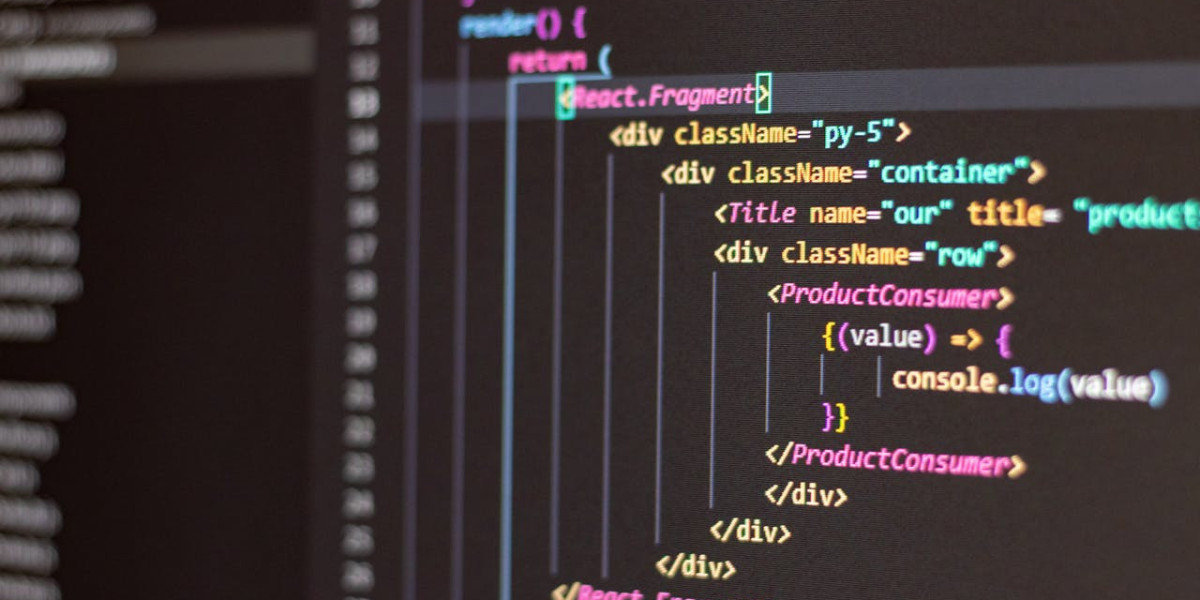In this blog, you’ll get to learn how you can schedule tasks in Laravel and also why it is important to get the best performance. This information is beneficial for companies that want to hire Laravel developers.
Knowing Laravel Task Scheduling
Task scheduling in Laravel is a breeze thanks to its command scheduler. Traditionally, developers use the cron job to schedule tasks, but Laravel simplifies this with its concise, readable syntax in the Kernel.php file.
The scheduler allows developers or anyone using it to fluently and expressively define the command schedule within Laravel itself, eliminating the need to create multiple cron entries for each task.
Benefits of Using Laravel's Scheduler
Reduction in Overhead
Manage all your tasks from within your Laravel application, which reduces the overhead of managing separate cron jobs.
Readability
Laravel's scheduler syntax is user-friendly, making it easy to understand and modify.
Reliability
The surroundings of the application are used to maintain tasks that stay on schedule, delivering consistency and reliability.
Types of Tasks You Can Schedule
Laravel's scheduler is versatile, allowing you to schedule different types of tasks, including:
Command Execution
Schedule artisan commands that are frequently used in your application.
Queue Work
Automatically trigger queue work without manual intervention.
Database Cleanup
Schedule regular database cleanup tasks to maintain performance.
Best Practices for Task Scheduling
To get the most out of Laravel's task scheduling, consider the following best practices:
Environment Testing
Always test scheduled tasks in a staging environment before pushing them live to avoid unexpected disruptions.
Timezone Management
Ensure that the server's timezone matches the application's configured timezone to avoid timing issues.
Output Handling
Direct task output to log files to keep track of task execution and outcomes.
Common Pitfalls to Avoid
While Laravel's task scheduler is powerful, there are common pitfalls that you should be aware of:
Overlapping Tasks
Ensure tasks that could overlap in execution have appropriate checks, like using the withoutOverlapping method.
Memory Leaks
Long-running tasks could lead to memory leaks. Regularly monitor the performance and optimize as necessary.
Error Handling
Implement a powerful failure management technique in tasks to avoid unnoticed failures.
Conclusion
The task scheduler of Laravel is a very big tool that uses programming to automate the system of maintenance and workflow. Learning to use this effectively can help you increase the dependability and functionality of your application systems.

